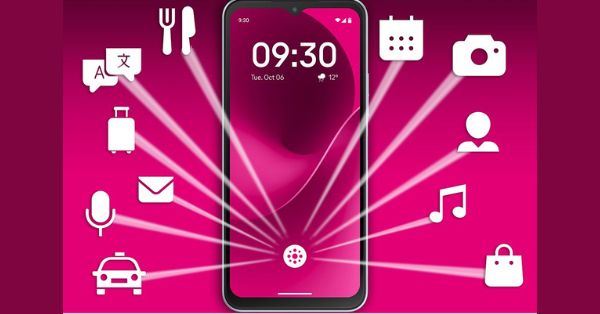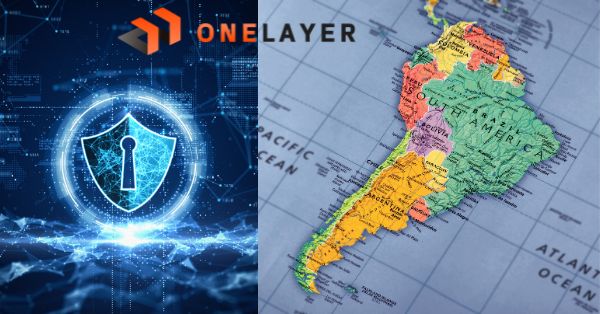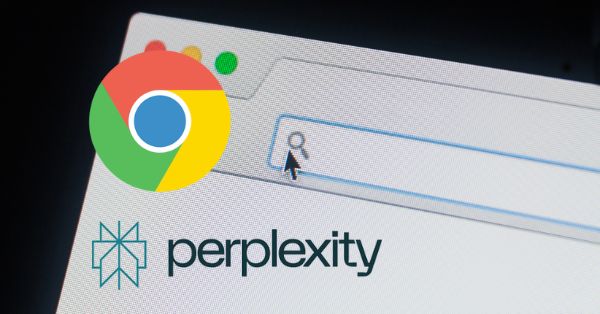Verizon Business and Virginia International Terminals, LLC (VIT) announced an agreement to build a private 5G Ultra Wideband network at one of The Port Of Virginia’s main container terminals.
Virginia International Terminals (VIT) is a privately held terminal operating company that is owned by the Virginia Port Authority, which is an agency of the state of Virginia. VIT is one of the most technologically advanced container terminal operators in the world and will use the network to explore the use of autonomous over-the-road trucks for accessing the terminal to drop-off and pick-up shipping containers. The On Site 5G private network deployment is scalable and also gives VIT the ability to replace WiFi with secure, private 5G connectivity across its Virginia International Gateway facility, a 275-acre marine terminal.
The deal is Verizon Business’ second with a major international port and its first with a U.S.-based terminal.
“Seaports provide some of the best possible examples of the power of private 5G, with uses spanning autonomous vehicles, connected heavy equipment, and secure, real-time tracking and logistics, among many others,” said Sowmyanarayan Sampath, CEO of Verizon Business. “That’s why On Site 5G is ideal for innovative partners like Virginia International Terminals. It puts a wide range of 5G capabilities on offer, from data-intensive, high-bandwidth industrial needs to secure, reliable broadband for everyday business.”
“Verizon’s On Site 5G private network is right for us because it’s flexible, scalable, and powerful enough for both industrial outdoor use and office broadband,” said Rich Ceci, SVP of Technology and Projects, VIT. “The development of autonomous vehicles technology applied to over-the-road trucks has significant environmental impacts, and addresses a major shortfall of truck drivers that is currently plaguing the transportation industry. We view Verizon as the premier 5G supplier in the market and are excited to be working with them.”
In the recently closed fiscal year, VIT handled 3.7M TEUs (2 million containers) and accounted for approximately $47 billion in gross product for the state. VIT recently received a U.S. Department of Transportation grant to create a proof of concept for autonomous over-the-road trucks, bringing together experts from industry and academia to devise a solution for this critical logistics chain need. Private 5G is a critical component to the solution being developed.
On Site 5G is a secure non-standalone private network that combines 5G Ultra Wideband small cells with an LTE packet core and supporting radios, providing compatibility with a wide range of both LTE and 5G devices. As 5G technology and capabilities advance and evolve, On Site 5G provides customers with a scalable, customizable platform to take advantage of developments in burgeoning technologies such as IoT, AI/ML, AR/VR, real-time edge compute, and much more.































